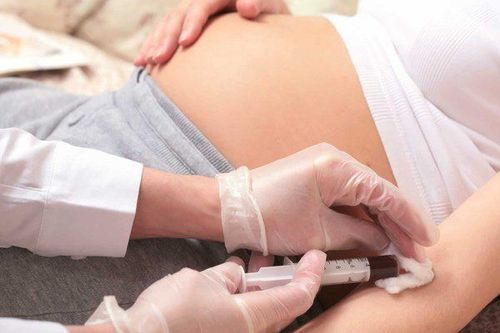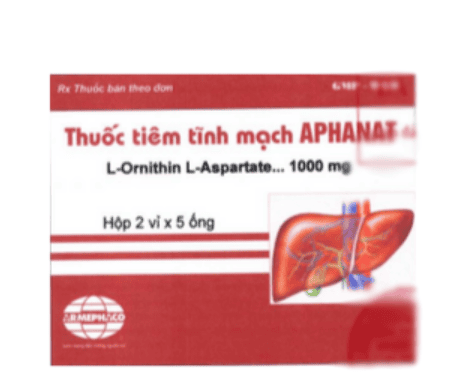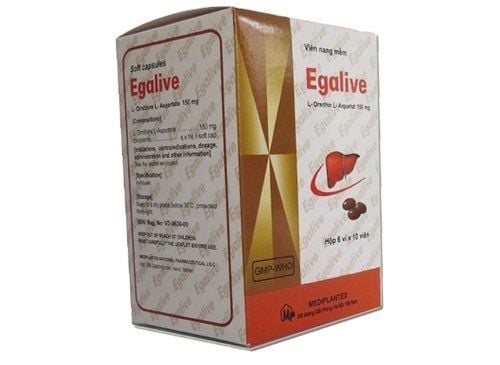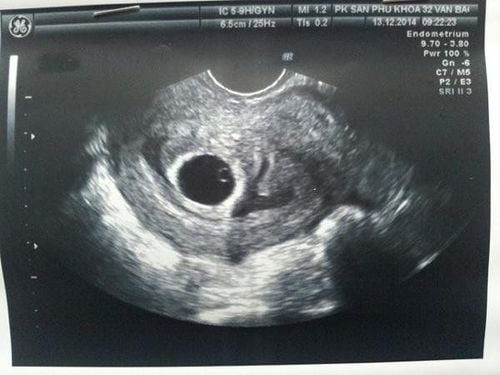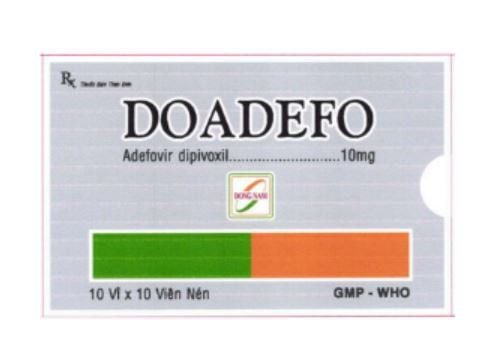This is an automatically translated article.
The article was written by a doctor of Biochemistry - Laboratory Department - Vinmec Ha Long International HospitalAFP is a test used as a marker (marker) to support the diagnosis of liver cancer, germ cell cancer in non-pregnant people and used in prenatal screening test (Triple test) in pregnant women to assess the risk of abnormalities on chromosomes 13, 18 and 21 for the fetus.
1. What is AFP?
AFP stands for A lpha1-f etop rotein, an albumin-like glycoprotein with a molecular weight of 70000 daltons, formed in the ovary, undifferentiated liver cells, and in the fetal gastrointestinal tract.2. Changes in AFP levels in the blood
2.1.Physiological changes AFP has a high concentration in the fetal blood. After birth and development, the amount of this protein gradually decreases. By adulthood, the amount of AFP in the blood is still very low (Example: Cobas test, AFP ≤ 7 ng/mL in men and non-pregnant women)In pregnant women, AFP levels in the blood high. Example: The recommended reference range for the Roche Diagnostic reagent, the median concentration (ng/mL) in a 14-week-old woman is 27.9; 15 weeks is 30.9; 16 weeks is 36.1; 17 weeks is 40.4; 18 weeks is 48.3 and 19 weeks is 54.8. This should be borne in mind when reading the results of the quantitative AFP test in cancer screening (To rule out pregnancy-induced elevation of AFP)
2.2. Changes in Pathological AFP Levels Increased AFP Levels In liver diseases, AFP levels may be elevated in cirrhosis, hepatitis, acute or chronic liver damage, hepatocellular carcinoma,. .. However, AFP is a low-sensitivity indicator for hepatocellular carcinoma (HCC – H epato c ellular c arcinoma). With a diagnostic threshold of 20 ng/mL, there is a sensitivity of 60% in detecting hepatocellular carcinoma; One third of HCC patients did not have elevated AFP and only 30% had AFP levels >50 ng/mL. AFP value 200ng/mL is the threshold suggestive of HCC diagnosis. AFP levels > 400 ng/mL or double as fast are suggestive of HCC. People with elevated AFP but less than 200 ng/mL should have additional testing for AFP-L3 and DCP (also known as PIVKA-II). The markers AFP-L3 (> 5%) and DCP (> 40 mAU/mL) increased specificity, improving the ability to detect HCC early. These tests can also help doctors monitor cancer treatment and help it work.
Germ cell cancer: Simultaneously elevated levels of AFP and B.hCG are an indicator of germ cell cancer [B.hCG test is used to diagnose pregnancy by rapid test (pregnancy test strip by pregnancy test). urine) or quantitative blood test]
Decreased AFP (in pregnant women) Common in cases of abnormality of chromosome 21 (Trisomy 21- Down syndrome), stillbirth.
3. When is the AFP test used?
Currently, two types of AFP tests are used in medical examination and treatment: quantitative AFP (total AFP) and quantitative AFP-L3.3.1. In pregnant women AFP is used in the Triple test to screen for the risk of chromosomal abnormalities in the fetus (chromosome 13, 18, and 21) during the 16th week of pregnancy. -18 pregnancy (Triple test: includes AFP, beta hCG and UE3).
3.2. In diagnosis of liver disease, screening for liver cancer AFP quantitative test alone or in combination of 3 tests including AFP, PIVKA II (DCP) and AFP-L3 (refer to the article Tests for early diagnosis of liver cancer). )
3.3. Diagnosis, monitoring of progression, and effectiveness of treatment for germ cell cancer In these cases, quantitative testing for AFP is often used in conjunction with a quantitative test for BhCG.

Xét nghiệm định lượng AFP được dùng để sàng lọc nguy cơ bất thường nhiễm sắc thể ở thai nhi
3.5. Note when using AFP test Depending on the device to use the test, the reference range (Normal value) can be more or less different, so when you want to monitor/evaluate progress, do not compare. Compare with test results of equipment of different types. In monitoring the effectiveness of cancer treatment (liver cancer and germ cell cancer): If the treatment is effective, AFP levels will decrease and may return to normal; if AFP levels do not decrease or continue to increase, it means that the treatment is not effective; If AFP levels have decreased again and increased again, it indicates a recurrence of cancer or the appearance of new cancer.
Please dial HOTLINE for more information or register for an appointment HERE. Download MyVinmec app to make appointments faster and to manage your bookings easily.




